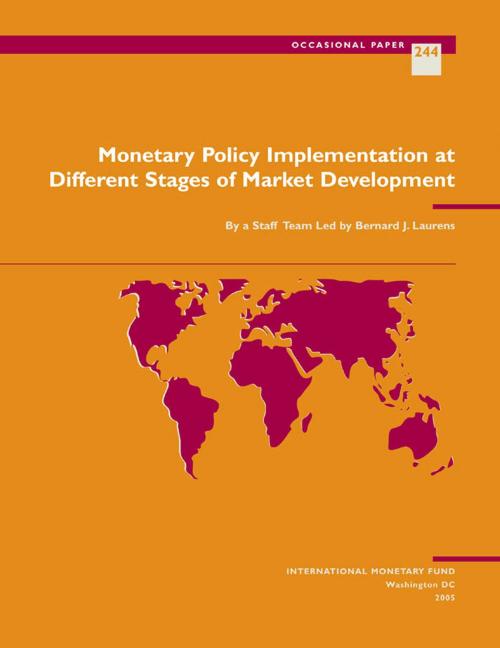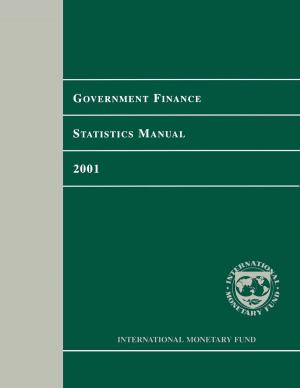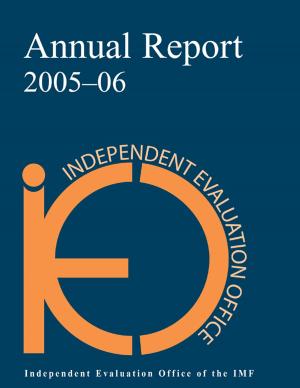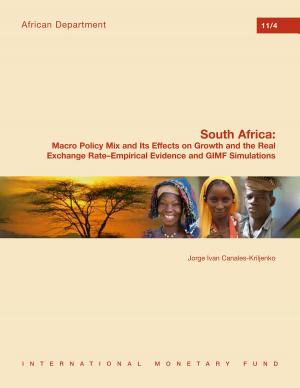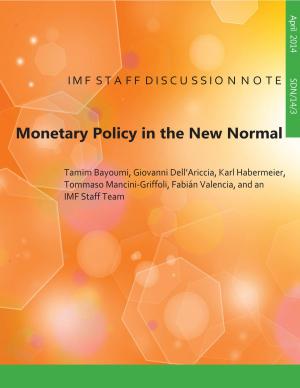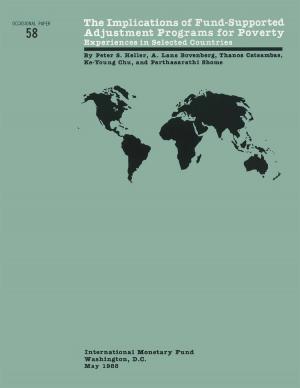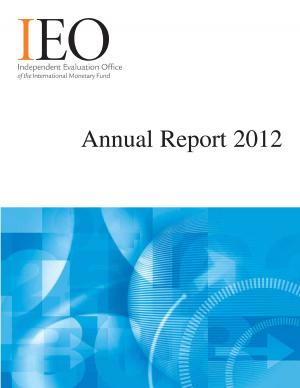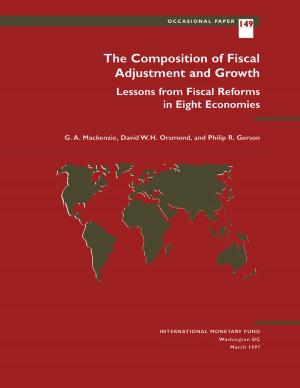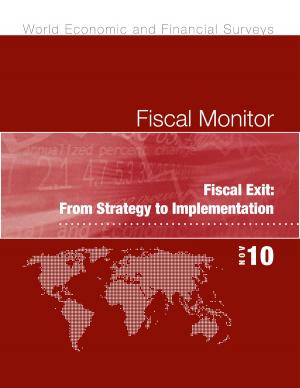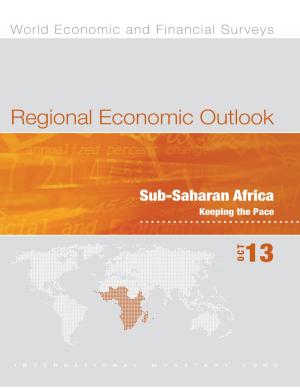Monetary Policy Implementation at Different Stages of Market Development
Business & Finance, Economics, Public Finance, Finance & Investing, Banks & Banking, Macroeconomics| Author: | Bernard Mr. Laurens | ISBN: | 9781452701899 |
| Publisher: | INTERNATIONAL MONETARY FUND | Publication: | December 20, 2005 |
| Imprint: | INTERNATIONAL MONETARY FUND | Language: | English |
| Author: | Bernard Mr. Laurens |
| ISBN: | 9781452701899 |
| Publisher: | INTERNATIONAL MONETARY FUND |
| Publication: | December 20, 2005 |
| Imprint: | INTERNATIONAL MONETARY FUND |
| Language: | English |
The most salient trend in monetary policy over the past two decades has been increasing reliance on money market operations, which reflects the belief that allowing market forces to allocate financial resources brings about increased economic efficiency and growth. However, small economies and countries with undeveloped financial markets have found that a lack of competition in their financial markets complicates their efforts to rely on money market operations, at times forcing them to rely instead on direct instruments or moral suasion. In some larger countries, the shift toward a reliance on money market operations has been gradual and, at times, fraught with difficulty. This report draws on a variety of country experiences to analyze the reasons for such difficulties and proposes a stylized sequencing of reforms that enables countries to tailor the introduction of money market operations to their particular circumstances.
The most salient trend in monetary policy over the past two decades has been increasing reliance on money market operations, which reflects the belief that allowing market forces to allocate financial resources brings about increased economic efficiency and growth. However, small economies and countries with undeveloped financial markets have found that a lack of competition in their financial markets complicates their efforts to rely on money market operations, at times forcing them to rely instead on direct instruments or moral suasion. In some larger countries, the shift toward a reliance on money market operations has been gradual and, at times, fraught with difficulty. This report draws on a variety of country experiences to analyze the reasons for such difficulties and proposes a stylized sequencing of reforms that enables countries to tailor the introduction of money market operations to their particular circumstances.
